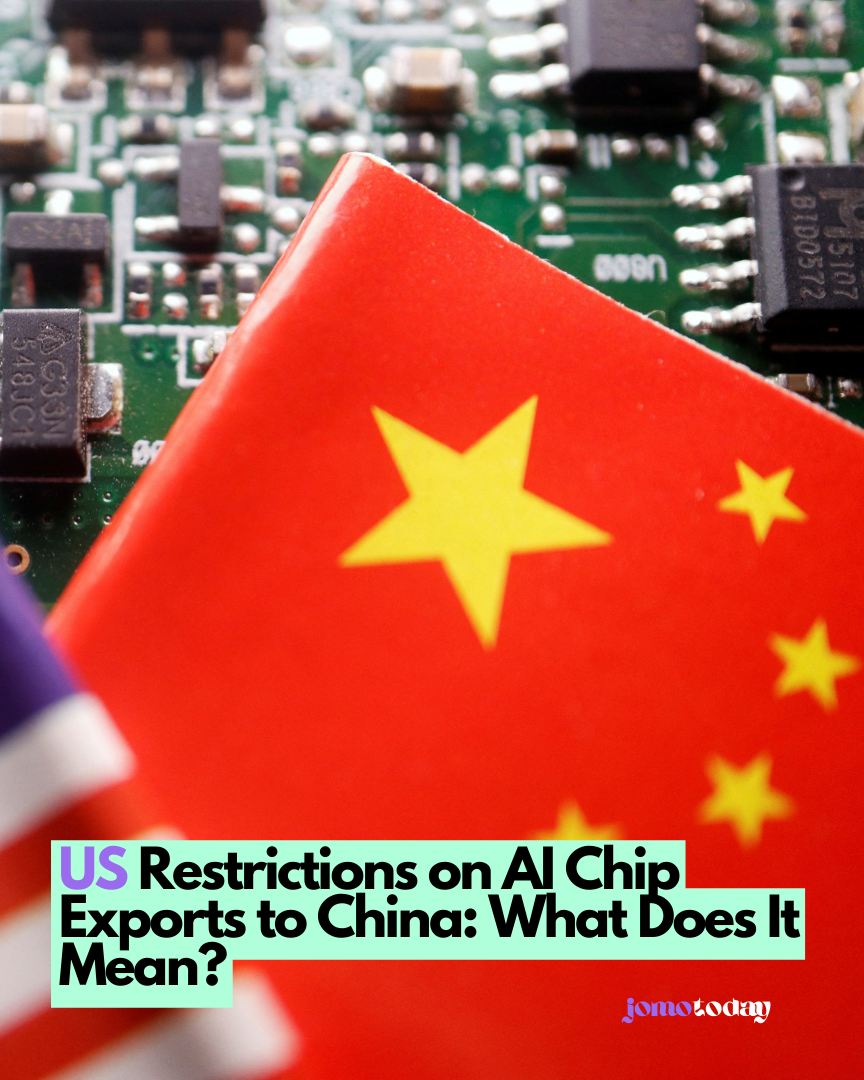In a recent news development, the United States has announced an immediate halt to the export of certain AI chips to China, according to technology giant Nvidia. This move has sparked concerns and speculation in both the tech and international trade communities.
With the rise of artificial intelligence and its implications for various industries, including defense and national security, it’s no surprise that countries are considering the potential risks and benefits associated with AI technology. The US government’s decision to restrict AI chip exports to China is likely driven by a desire to safeguard its technological edge and protect sensitive information.
The impact of these restrictions will undoubtedly be felt by both American companies and Chinese tech firms. Nvidia, one of the world’s leading AI chip manufacturers, has already confirmed that it will comply with the US government’s directive. This means that certain AI chips, which are crucial for advanced machine learning and AI applications, won’t be available for export to China.
The move comes at a time of heightened trade tensions between the world’s two largest economies. It also aligns with the broader US strategy to reduce China’s access to critical technologies, considering the ongoing concerns over intellectual property theft and national security risks.
However, amidst these restrictions, it’s important to evaluate the potential consequences for innovation and global collaboration. Yes, safeguarding technologies might be necessary, but blocking the flow of AI chips to China could hinder advancements in AI research and development. It’s a delicate balance that policymakers need to strike between protecting national interests and fostering global technological growth.
Whether these restrictions will have far-reaching effects on AI development in China remains to be seen. Chinese companies and researchers have been investing heavily in AI in recent years, making significant strides in various domains such as facial recognition, autonomous vehicles, and smart cities. The US restrictions could push China to double down on its domestic capabilities, thereby reducing its reliance on foreign technology.
As the world enters the age of AI, it’s crucial for governments to navigate the challenges and limitations associated with this transformative technology. Ultimately, finding a balance that ensures innovation, competition, and responsible use of AI should be the shared goal of all nations.
Nvidia reports that the US has ordered an immediate halt to some AI chip exports to China, with new export rules being implemented earlier than expected.
Thank you for exploring our latest articles and trending topics on JomoToday! If you found these stories captivating, don’t miss out on our upcoming content and updates. Stay in the loop by connecting with us on social media.
Follow us on:
Youtube
Twitter
Facebook
Instagram
LinkedIn
By following us on these platforms, you’ll be the first to know about our latest articles, breaking news, and engaging discussions. Join our vibrant online community today, and let’s keep the conversation going!
Read more: Republicans Self-Destruct Again in US Speaker Saga






2 Comments